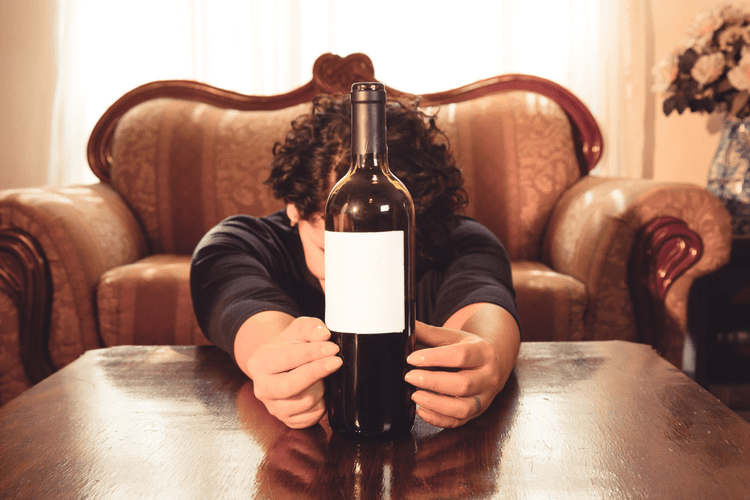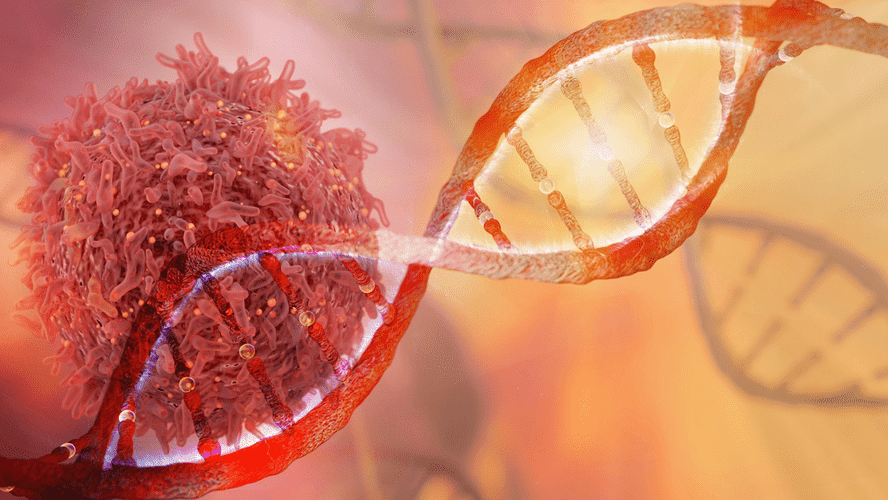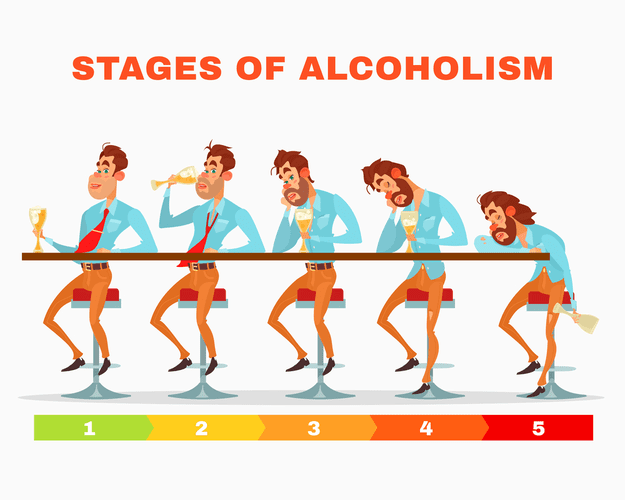Parents can talk with their children about the dangers of drinking at a young age. If parents chose to drink in front of their child, they should drink responsibly and set an example for healthy drinking habits. Making sure alcohol is not easily accessible can also help to avoid alcohol problems in teens. Most importantly, playing an active role in child’s life by knowing their friends, participating in healthy and fun family activities, and having conversations about life in general can limit the risk for teenage alcoholism. The 2024 Monitoring the Future study found the prevalence of alcohol consumption among America’s youth continued a long-term decline that has taken place over the past two decades.
Popular Health Centers
Talk It Out’s community education and outreach program helps parents give their kids a way to steer clear of teen alcohol use. If your teen goes to teenage alcoholism a party and chooses to have a drink, it’s a mistake that can be rectified. If they drink and then drive or get into a vehicle driven by someone else who’s been drinking, that mistake could be a fatal one—for them or someone else. Ensure they always have access to an alternative means of getting home, whether that’s a taxi, a ride share service, or calling you, an older sibling, or another adult to pick them up.
For more information, visit the Underage Drinking landing page.

One of the most concerning aspects of teen alcoholism is its impact on the developing brain. The Centers for Disease Control and Prevention (CDC) reports a gradual decrease in alcohol consumption among teens over the past decade. Reducing teen drinking requires a mix of prevention strategies, including education, stronger policies, and community involvement. While the teenager undergoes treatment, we have tools to help parents prevent future alcohol use. First, have an “eye-to-eye/heart-to-heart” conversation to see if the teen admits to needing help.
- In that stage, minimizing the risk factors that make a teenager more vulnerable to using alcohol is an issue.
- National guidelines for staff training to understandthe developmental needs of teens should be developed.
What if I’m Worried About Someone Else’s Drinking?
Underage drinking can have serious implications that may not show up until later in your child’s life. The research, published in Translational Psychiatry, draws on data from the Adolescent Brain Substance abuse Cognitive Development (ABCD) Study, the largest long-term study of brain development and child health in the United States. The study began following nearly 12,000 youth at age 9 and will continue through age 18, tracking mental health, cognitive development and substance use across adolescence. Some teens will only drink occasionally and will be able to control their drinking.
- Since the 1980s, CBT hasbecome widely used as a promising approach for alcohol and substanceuse (Liese andNajavits, 1997).
- Evidence shows that treatment is more effective if it is fullyintegrated into all aspects of an adolescent’s life—school, home,family, peer group, and workplace.
- Talk It Out’s community education and outreach program helps parents give their kids a way to steer clear of teen alcohol use.
- Tenth graders who reported getting drunk in the past month declined 77% proportionally from 1991 to 2024.

The younger a person starts drinking, the more likely they are to notice effects on their cognition and memory, which may last into adulthood. Different teens may respond better to different disciplinary strategies. However, the most effective negative reinforcements are often those that provide tangible consequences without causing harm or humiliation. Reach out to a pediatrician, a mental health professional, or a school counselor for help.

Why Structure Is So Important in Alcohol Recovery (How to Build It Back)
When your teen abuses alcohol, it’s easy to judge yourself or negatively compare your family to others. But it’s worth remembering that the teen years don’t last forever. With your guidance and support, your child can learn to resist the allure of underage drinking and, if they later choose to do so, develop a healthy, responsible relationship with alcohol when they reach adulthood.
Some kids drink alone or with friends to alleviate boredom; others drink to gain confidence, especially in social situations. You can help by exposing your teen to healthy hobbies and activities, such as team sports, Scouts, and after-school clubs. Encouraging healthy interests and activities can help to boost their self-esteem and build resilience, qualities that make teens less likely to develop problems with alcohol. As disturbing as it can be to find out that your child or teen has been drinking, it’s important to remember that many teens try alcohol at some point, but that doesn’t mean they automatically have an abuse problem.